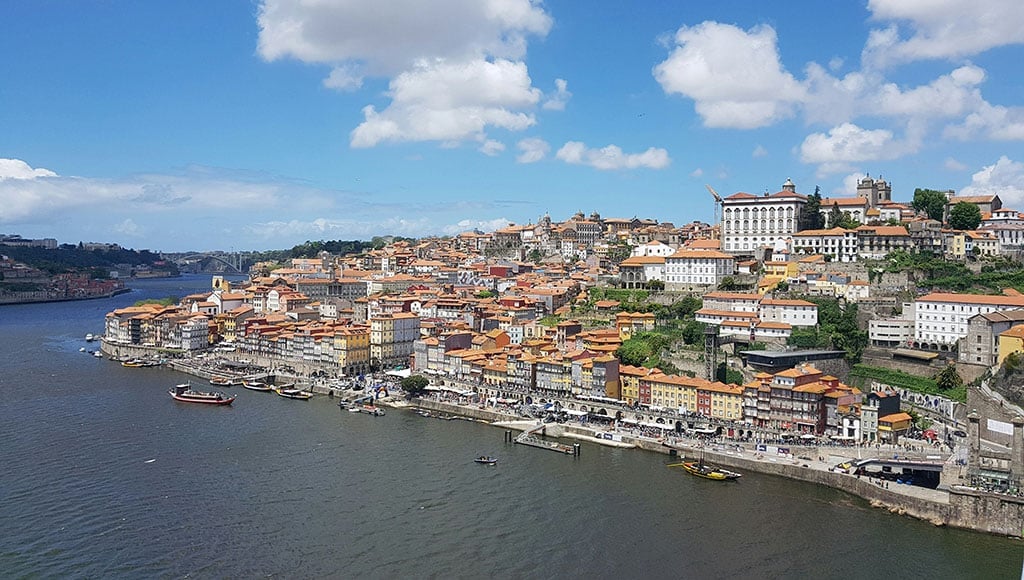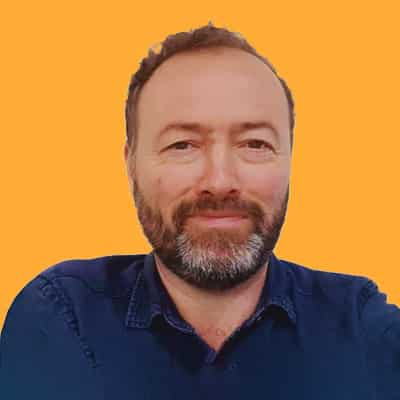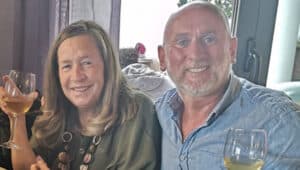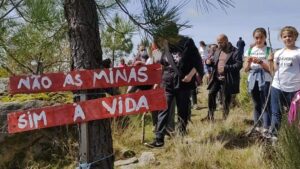For some time now, I’ve been wanting to bring together a community of expats, foreigners – call them what you will – who are united by the idea of ‘giving back’; as in making, and being, a valuable contribution to this country that has welcomed us so heartily, where we feel so at home.
As the practicalities of migration are faced and overcome, new routines created, and ‘peak nata’ (the threshold of daily delight, which was so looked forward to, but is now normal) is reached, the immigrant can get itchy. Normalisation of our experiences is in itself normal, no matter how intense the anticipation, and new goals and inspiration are often sought once the new life in the new country is established, even if thoroughly enjoyed.
It’s in this phase that I hear of the urge to step up and be a resource to the community and country, often from retired professionals who have so much to give. The corporate and expert work life they were at first delighted to be free of, with its stress and competitiveness, is eventually remembered and reframed as a reservoir of insight and useful experience that might wither on the vine, if not put to good use.
“Extraordinary Expats” and “Expat Angels” have been working titles for such an endeavour, which might support young entrepreneurs, with knowledge or funding, though not exclusively. And Zoom calls have taken place involving motivated and earnest new arrivals who are keen to be supportive, without coming across as patronising or pushy. One such participant is a good friend of mine, and remarkable transformational coach, Lonny McLaughlin, who lives in Porto, having moved here three years ago.
Lonny has been here long enough, not just chronologically, but culturally too, to be safely ‘past the honeymoon phase’ and shares my utter love for this culture, its people and that strong and previously mentioned inclination to offer something in return and respect for the gift we feel we have been given in moving here. He’s been here long enough, in fact, to be considering such ideas as the rekindling Portugal’s spirit of innovation and progress, and finding the shadow side of Saudade, both of which he has shared with me, in some impressive detail.

He has fascinating things to say, too, about this whole matter of expats making themselves available as a gift to the country and its entrepreneurs’ ambitions, the ‘angelic intervention’, as it were, around which he could be massively useful, yet wanting to remain respectful and sensitive.
Interestingly, whilst beginning to make himself available in such a capacity, he became profoundly present to realisations and hesitations, which he has called the “É o que é” phenomenon.
“One of the things I love most about living in Portugal is the depth of connection and conversation I’ve found with people here. In many ways, I feel like I’ve gained a new family – people who share with me their dreams, challenges, and ideas about life,” he told me.
“Yet, over the past few years, I’ve also begun to notice a common thread of resignation that runs through some of these conversations. It’s the idea that certain things simply ‘are what they are’, and it’s a sentiment so embedded that it goes unquestioned.”
“É o que é”, or ‘it is what it is’, is a phrase I hear frequently, and while it often reflects Portugal’s admirable ability to accept life as it comes, I also wonder if it sometimes holds people back from seeing what could be,” he added.
Other phrases that have met Lonny’s hope to help have included: “That’s not possible in Portugal” or “Here, it just doesn’t work that way”, to which he has pushed back with a resounding “anything is possible!” There seems to be an overwhelming sense that Portuguese people do not expect to get the same results as the digital nomads that they now often see in their midst. And when seeing examples of fellow Portuguese people taking risks or trying something new, such ambition might be dismissed with: “They have something I don’t have.”
“It’s as if the Portuguese people, often so resilient and resourceful, have internalised this idea that the extraordinary is reserved for others,” says Lonny. “For too many, the examples of success and innovation around them don’t feel accessible – they seem like outliers, rather than evidence of what’s possible for everyone. Yet, I believe this mindset is something we can overcome together.
“The truth is, it’s not that these individuals have some rare gift; they have a skill that anyone can develop – the skill of seeing what’s possible,” asserts my inspiring friend, with perhaps the key insight that well-meaning foreigners might share early in the potentially life-changing relationships we are considering here.
“Learning to see what’s possible is not ungrounded wishful thinking. It’s a skill that begins by identifying the reasons we give for why something isn’t possible. Often, we accept these reasons as truths, but in reality, they’re merely strongly held perspectives. Developing the skill of seeing what’s possible begins by listening closely to what we say – to others and to ourselves. When we hear ourselves saying, ‘That’s just not realistic’ or ‘People like me don’t do that’, we’re identifying what we perceive as obstacles. Recognizing these obstacles as just views, rather than facts, is the first step.”
“The next step is to consider that these views aren’t the only ones. When we acknowledge that our view is just one perspective, we can ask ourselves: ‘If I let this belief go, or set it aside, what might be possible?’ We can then begin to explore, even play with, a variety of possible outcomes, including ones that may feel absurd or far-fetched. This willingness to speculate, to imagine alternatives, is essential to expanding our creative and innovative thinking,” claims McLaughlin, and I fully agree.
“É o que é” is, of course, a possibility, but it isn’t the only one. And all of these able and willing expats with lifetimes of knowledge and know-how, quietly forming a queue to ‘give back’, are each, in themselves, possibilities waiting and willing to happen.
I have their contact details. Where do we start? The possibilities are endless.
By Carl Munson
Carl Munson is host of the Good Morning Portugal! show every weekday on YouTube and creator of www.learnaboutportugal.com, where you can learn something new about Portugal every day!





















